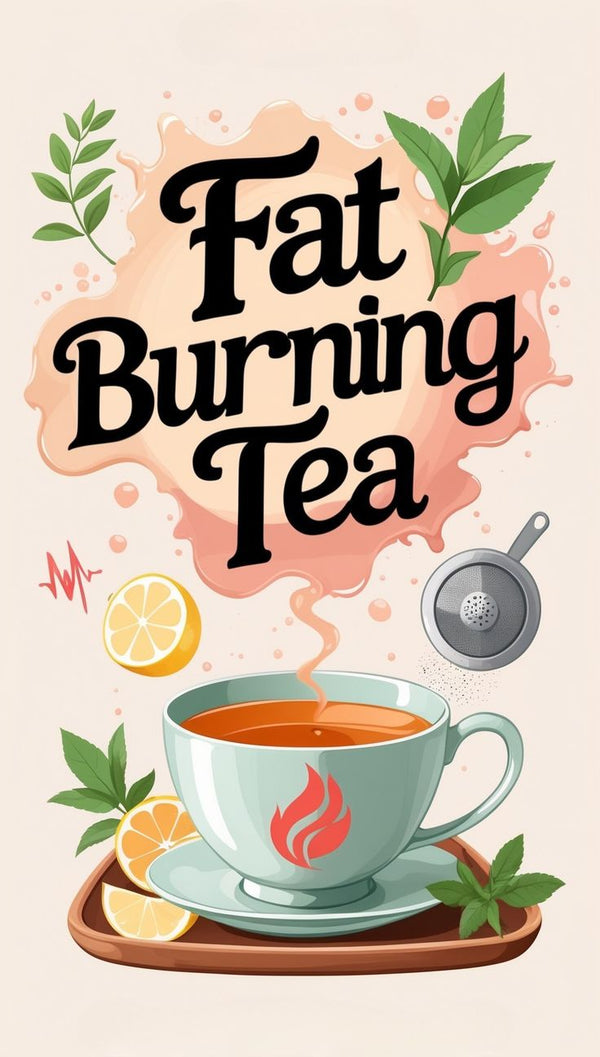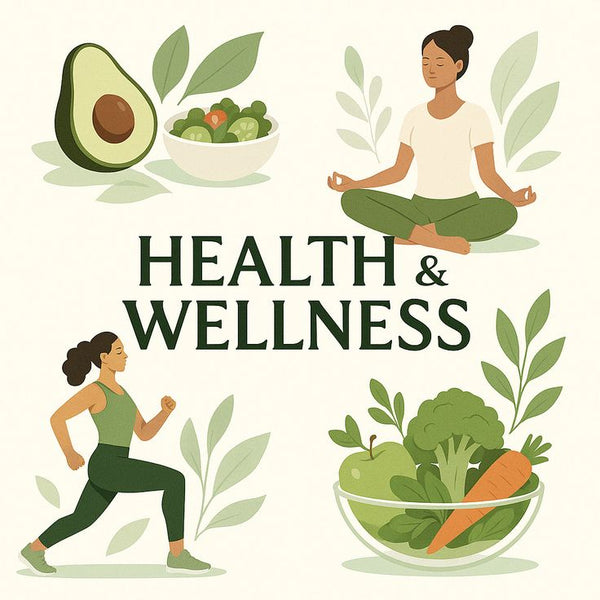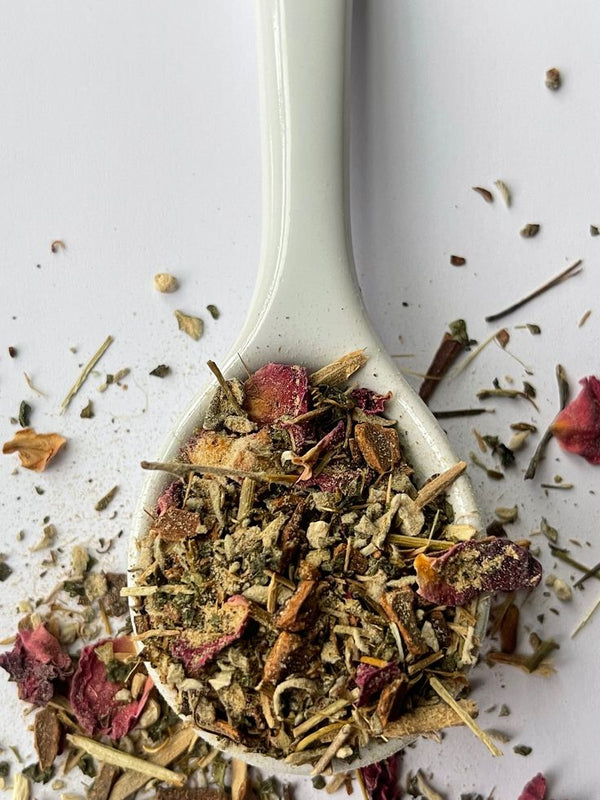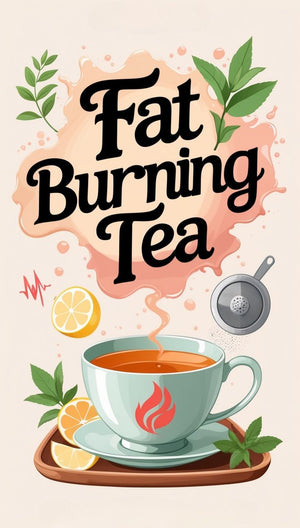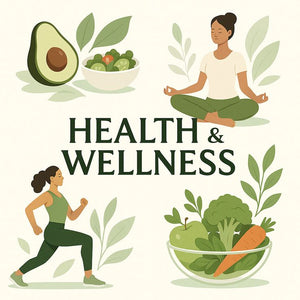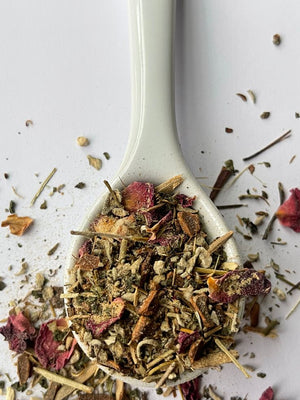Herbal Tea for High Blood Pressure

Understanding High Blood Pressure
Blood pressure occurs when blood pushes against the walls of your arteries. It carries blood from your heart to other parts of your body.
High blood pressure, also called hypertension, is pressure that is higher than normal.
High blood pressure is normal at or above 130/80 mm Hg.
A persons blood pressure changes throughout the day based on your activities. Having blood pressure above normal may result in a diagnosis of high blood pressure.
The higher your blood pressure levels, the more risk you have for other health problems.
How Herbal Teas Can Help with High Blood Pressure
High blood pressure, or hypertension, is a significant risk factor for various cardiovascular conditions, including heart disease, stroke, and heart attacks.
High Blood pressure is mostly treated with medicines and lifestyle changes. Adding a couple cups to your daily routine can be an easy and enjoyable way to help improve your heart health.
Should you drink tea to lower blood pressure?
Drinking heart-friendly teas like hibiscus or chamomile can be a simple and natural way to support healthy blood pressure. Studies suggest that certain compounds in these teas may help relax blood vessels, improve blood flow, reduce inflammation, and support overall heart function. When combined with a balanced lifestyle, these teas can be a gentle yet effective addition to your daily routine for better heart health.
If drinking tea was a prescription for relaxation, what dosage would you recommend?
There are many types of herbal teas that helps you to manage your high blood pressure.
- Hibiscus tea
Hibiscus tea comes from the dried petals of the hibiscus flower, giving it a beautiful red color and a refreshing, slightly tangy taste. This tea is packed with natural compounds like anthocyanins and polyphenols, which may help relax blood vessels and support healthy blood pressure. Drinking hibiscus tea regularly has been linked to a gentle but noticeable drop in blood pressure, making it a favorite natural choice for heart health.
- Green tea
Green Tea is a popular beverage. It contains bioactive compounds called catechins, particularly EGCG, which have been associated with various health benefits, including blood pressure reduction.
Green tea consumption, in general —of how much it has to be consumed and for how long — is associated with a reduction in systolic blood pressure.
- Olive leaf tea
Olive Leaf Tea, has a gentle, herbal flavor. This tea contains compounds which are thought to support blood pressure regulation by promoting the relaxation of blood vessels.
People consuming olive leaf tea for 28 weeks — prepared by steeping 5g of dried and ground leaves in 250ml of warm water and drinking twice daily — results in a significant reduction in the individuals’ systolic and diastolic blood pressure within 4 weeks.
In addition, which was limited to people diagnosed with type 2 diabetes and prehypertension , achieved standard blood pressure levels.
- Hawthorn berry tea
Hawthorn Berry Tea, is a slightly sweet and tart flavored tea. Traditionally used to support heart health, this tea may help dilate blood vessels, improving blood circulation and contributing to lower blood pressure.
A 2022 review of four randomized controlled trials found that hawthorn preparations (tablets or liquid drops) significantly lowered blood pressure in individuals with mild hypertension (prehypertension or stage 1 hypertension) when taken for at least 12 weeks.
- Chamomile tea
Chamomile Tea dried flowers of the chamomile plant. It is known for its mild, soothing, and calming properties and is often used to promote relaxation and stress, which can indirectly benefit blood pressure.
It contains beneficial compounds which contribute to its therapeutic properties.
Research from 2022 highlights its potential in areas such as anti-inflammation, antioxidation, liver protection, potential anticancer effects, and blood pressure regulation.
Potential side effects of drinking tea
While tea is a wonderful and healthy drink, it’s good to be aware of a few possible side effects:
- Caffeine Sensitivity – Some teas, like black and green tea, contain caffeine, which can cause jitters, trouble sleeping, or a faster heartbeat in some people.
- Stomach Discomfort – Drinking too much tea, especially on an empty stomach, might lead to digestive issues or acid reflux.
- Medication Interactions – Certain teas, like green tea, can affect how some medications work. If you're on medication, it's always best to check with your doctor.
- Teeth Staining – Darker teas, such as black tea, can stain your teeth over time, especially if you drink them often..
Final Thoughts
Sipping on heart-friendly teas can be a simple and enjoyable way to support healthy blood pressure. While tea alone isn’t a replacement for medication or healthy lifestyle habits, it does contain natural compounds that can help you relax and may have a gentle, positive effect on your heart health.
Before making tea a regular part of your routine, it’s always a good idea to check with your doctor—especially if you’re taking any medications. They can guide you on the best options for your health. In the meantime, enjoy your cup of tea and take a moment to unwind!


